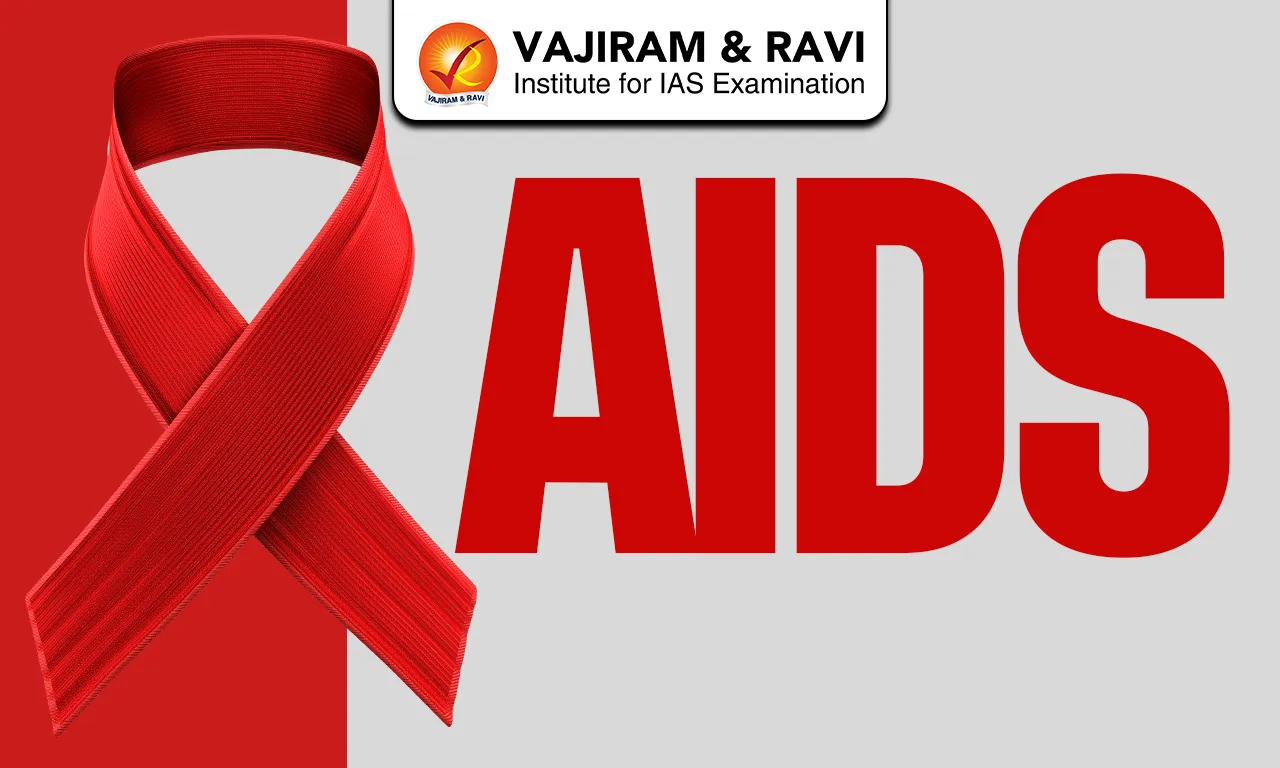About SRO-FT Framework:
- The framework defines fintech as entities providing technological solutions for delivery of financial products and services to businesses and consumers or encompassing regulatory and supervisory compliance in partnership with traditional financial institutions or otherwise.
- The SRO-FT would be industry-led and will be responsible for establishing and enforcing regulatory standards, promoting ethical conduct, ensuring market integrity, resolving disputes, and fostering transparency and accountability among its members.
- The applicant hould be set up as a not-for-profit company, and its shareholding should be sufficiently diversified, with no entity holding 10% or more of its paid-up share capital, either singly or acting in concert.
- Applicants will need to have a minimum net worth of ₹2 crore within one year after recognition as an SRO-FT or before commencement of operations, whichever is earlier.
- At least one-third of members on the board, including the chairperson, should be independent and without any active association with a fintech entity.
- Further, the majority of non-independent directors are to be representatives of FinTechs that are currently not directly regulated.
- Applicants should demonstrate the capability of establishing the necessary infrastructure to act as an SRO-FT effectively and consistently.
- It will also need to put in place systems for managing ‘user harm’ instances, which may include fraud, mis-selling, unfair practices, unauthorised transactions, or any other form of misconduct.
- While the SRO can’t open branches or offices outside India, FinTechs domiciled outside India can become members of an SRO.
- The number of SRO-FTs to be recognised would depend on the number and nature of the applicants received, and the RBI reserves the right not to grant recognition to any such application.
- If deemed necessary, RBI can nominate or depute observers on the SRO-FT’s board.
- Responsibilities:
- An SRO-FT should operate objectively under the oversight of RBI, and strive towards healthy and sustainable development of the sector.
- A fintech SRO should frame a code of conduct for members, set industry benchmarks and baseline technology standards for transparency, disclosure, and data privacy, set standardised documents for specific requirements, set up a mechanism for accreditation in the fintech ecosystem, and a code of conduct forresponsible advertisements and market standards.
- The SRO-FT should have adequate powers to investigate and take disciplinary action against its members for non-adherence to codes / standards / rules.
- Responsibilities towards RBI would include relaying sector-specific insights, addressing regulatory concerns, collaborate on development of the sector, foster co-operation, provide policy commensurate to the dynamic nature of the sector, act as the collective voice of its members, provide regular updates on sector developments, and collect and share relevant data.
Q1: What is Financial Technology (Fintech)?
Fintech is used to describe new technology that seeks to improve and automate the delivery and use of financial services. At its core, fintech is utilized to help companies, business owners, and consumers better manage their financial operations, processes, and lives. It is composed of specialized software and algorithms that are used on computers and smartphones. Fintech, the word, is a shortened combination of “financial technology.”
Last updated on March, 2026
→ UPSC Notification 2026 is now out on the official website at upsconline.nic.in.
→ UPSC IFoS Notification 2026 is now out on the official website at upsconline.nic.in.
→ UPSC Calendar 2026 has been released.
→ UPSC Final Result 2025 is expected to be released soon.
→ Check out the latest UPSC Syllabus 2026 here.
→ Join Vajiram & Ravi’s Interview Guidance Programme for expert help to crack your final UPSC stage.
→ UPSC Mains Result 2025 is now out.
→ UPSC Prelims 2026 will be conducted on 24th May, 2026 & UPSC Mains 2026 will be conducted on 21st August 2026.
→ The UPSC Selection Process is of 3 stages-Prelims, Mains and Interview.
→ Prepare effectively with Vajiram & Ravi’s UPSC Prelims Test Series 2026 featuring full-length mock tests, detailed solutions, and performance analysis.
→ Enroll in Vajiram & Ravi’s UPSC Mains Test Series 2026 for structured answer writing practice, expert evaluation, and exam-oriented feedback.
→ Join Vajiram & Ravi’s Best UPSC Mentorship Program for personalized guidance, strategy planning, and one-to-one support from experienced mentors.
→ Check UPSC Marksheet 2024 Here.
→ UPSC Toppers List 2024 is released now. Shakti Dubey is UPSC AIR 1 2024 Topper.
→ Also check Best UPSC Coaching in India


















